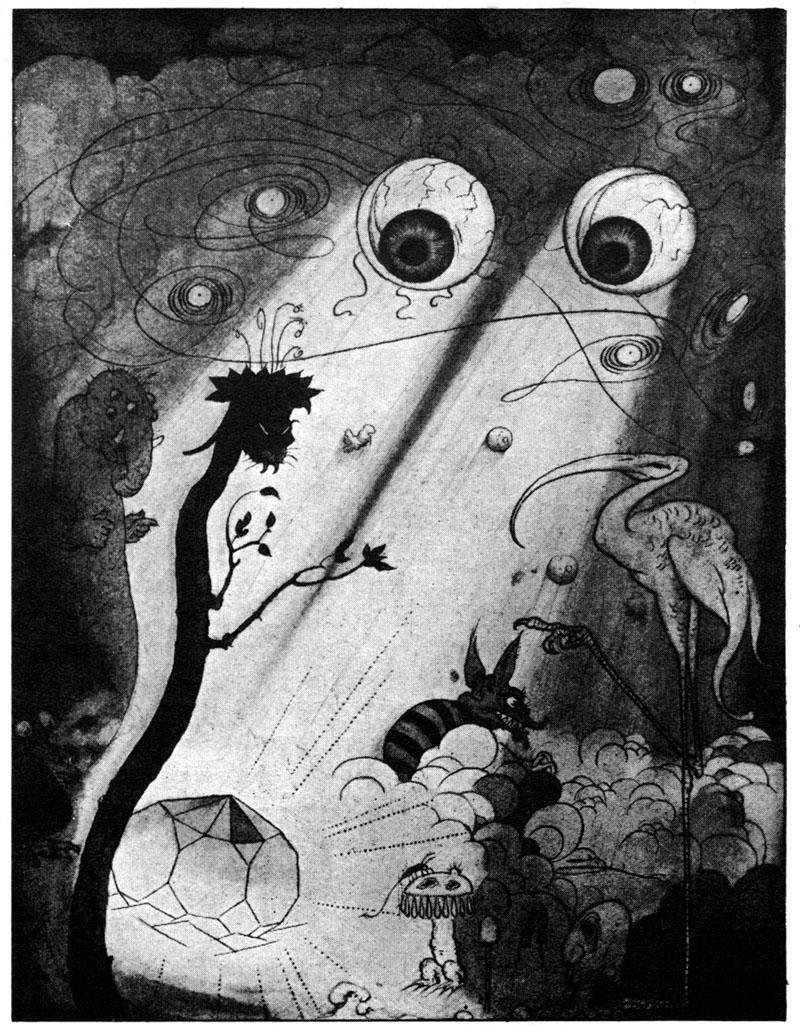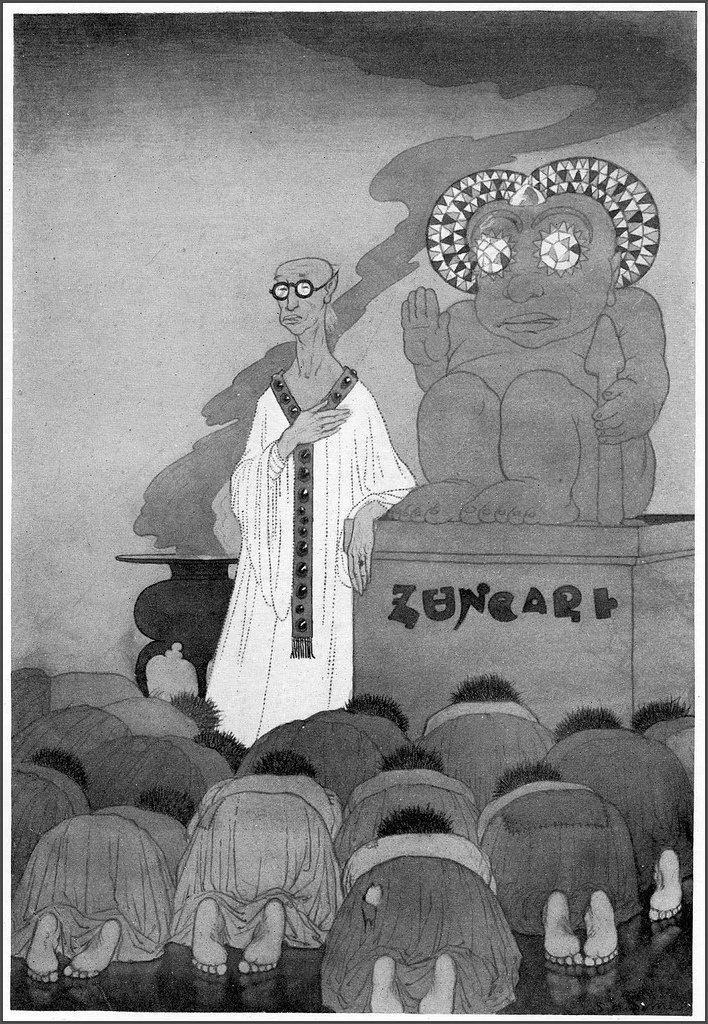
Many readers* have asked me when I'm going to cover classic Argentinian progressive rock magazines of the 1970s.
Well GOOD NEWS! That day has come as I look back at Pelo magazine! Step this way...
(*OK, none as yet)
Well GOOD NEWS! That day has come as I look back at Pelo magazine! Step this way...
(*OK, none as yet)

Pelo - Spanish for Hair - grew out of the burgeoning Argentinian rock scene of the late 1960s, where bands such as Manal, Almendra and Los Gatos were kickstarting the Spanish-language rock movement. 

PINAP was a pop music magazine launched in Buenos Aires in 1968. Daniel Ripoll, part of its editorial board, was asked by them to set up one of Argentina's first big open air music festival - 1969's Festival PINAP. 



However the festival turned out to be 'too rock' for PINAP. The magazine was more interested in 'the castaways' - náufragos - as the hippie movement in Argentina was known. 

Ripoll was a huge fan of rock and keen to promote Argentinian and Spanish-language rock music. So in February 1970 he launched Pelo, a magazine more in tune with the progressive and heavier elements of rock music. 



Pelo was the first Argentinian music magazine to take rock seriously. Really seriously. Frank Zappa, Jethro Tull, Joe Cocker, Marc Bolan - Pelo was a magazine for people who really lived the rock scene, even if they could never get to a gig. 



Part of Pelo's success was down to mail order: it was one of the first music magazines in Argentina you could subscribe to. 



Another part of the magic was the quality of its journalism, as well as the liveliness of its letters pages. 



But it was its championing of Argentinian rock that really set Pelo apart from its competitors. And by the mid 1970s it was finding and promoting artists from Peru, Chile, Uruguay and Venezuela, as well as supporting Spanish-language acoustic rock. 



The 1970s was a terrible time for Argentina and Daniel Ripoll did not escape the ire of the military authorities. In 1978 he was arrested and held for two months in prison for publishing Pelo and editing MAD magazine in Argentina. On release he was sent into exile in France. 



By the end of the '70s, with tastes changing and new magazines emerging, Pelo moved on from prog rock to embrace punk, new wave and stadium rock. But it stayed true to its instincts: serious journalism and Spanish-language rock. 







The full archive of Pelo has now been made available online: revistapelo.com.ar Do check it out to see what the '70s rock explosion felt like in Argentina!
More stories another time...

More stories another time...


• • •
Missing some Tweet in this thread? You can try to
force a refresh
























